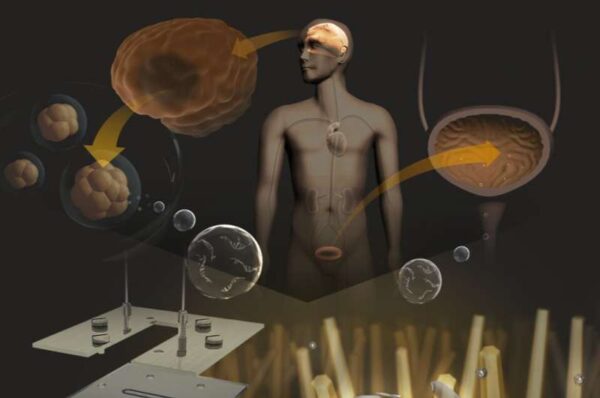Cancer that is quickly diagnosed, the higher the survival opportunity is for patients because treatment can begin immediately. Doctors often look for markers who will confirm the existence of tumors, but not all cancers the same. Different biomarkers are used to detect various types of malignant growth together with other tests to determine the correct diagnosis.
One type of tumor that is difficult to capture early is brain cancer, because patients usually get CT or MRI scanning only after developing neurological symptoms. The doctor will recommend scanning to analyze the brain structure, at which points they will detect and diagnose abnormal tissue. After the diagnosis arrives, it may be too late for operation to completely eliminate growth. In turn, this will reduce the chances of patients to survive.
A team of scientists from the University of Nagoya departed to fix this problem and found a breakthrough urine test that might significantly accelerate the diagnosis of brain cancer and save lives.
According to a study published in the applied material & interface (through the Lifestyle of Med), researchers at the University of Nagoya Researchers emerged with urine microrna tests that could detect brain cancer with 97% specificity.
Microrna is a small nucleic acid molecule released by different cells in body fluids such as blood and urine. The researchers focus on these small particles and develop a process to find molecules that can act as early warning signs of brain tumors.
“Urine can be collected easily without burdling the human body,” said Professor Associate University Nagoya Atsushi Natsume in a statement. “Urine-based liquid biopsy has not been fully investigated for patients with brain tumors because there are no conventional methodologies that can extract microrna from urine efficiently in terms of varieties and numbers. So we decide to develop a device that can do it.”
To catch Microrna which might travel through urine, scientists make a device consisting of 100 million nano zinc oxide. The device can be mass produced and can be sterilized for medical use. Only one urine millimeter is needed for the gadget to extract a large number of microrna from the sample, far exceeding what is available in the industry.
The authors explained that many microrna from brain tumors were in the urine in a stable state. They use their devices to analyze samples from brain cancer patients and controls. This study said the device could diagnose brain tumors with 100% sensitivity and 97% specificity, regardless of the size and malignancy of tumors. Sensitivity measures the proportion of positive diagnostics correctly identified, while the specificity measures the correct negative diagnostic in the test. That means this research correctly identifies 100% of cancer patients and 97% of non-volunteers.
Nagoya University scientists believe new tests might be used as markers to capture various types of brain cancer early. “In the future, with a combination of artificial intelligence and telemedicine, people will be able to know the existence of cancer, while doctors will be able to know the status of cancer patients with only a small number of their daily urine,” Dr. Natsume said.

